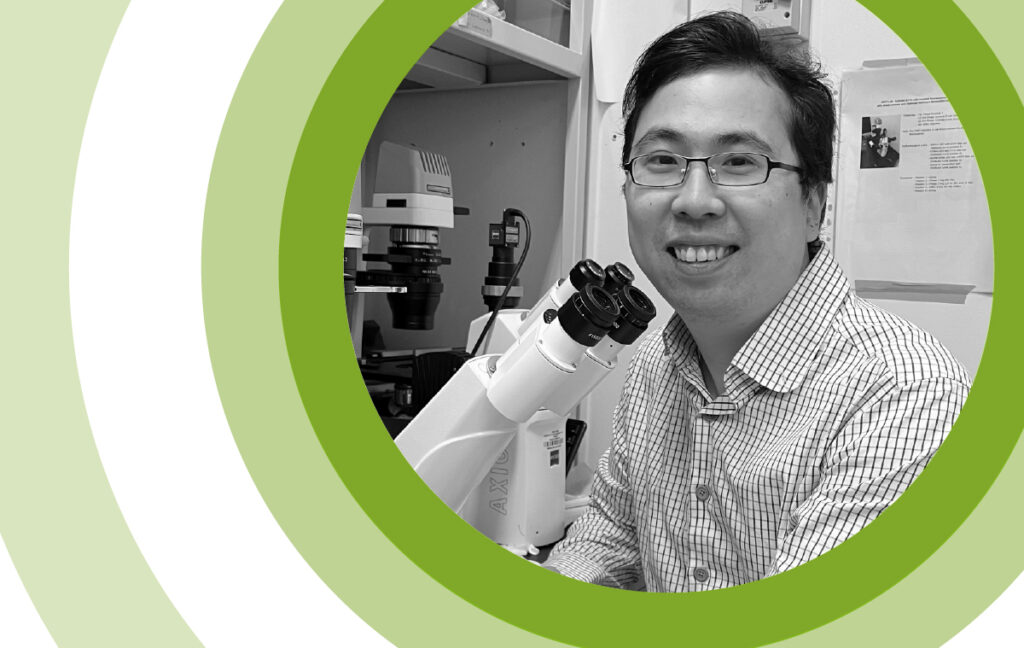15 December 2021 – “Collaboration is essential,” says new EMBO Global Investigator Wee-Wei Tee. “Singapore is geographically quite far away. The global investigator network will definitely help to foster meaningful international collaborations.” Tee was born in Singapore and completed his undergraduate, PhD and postdoctoral training in the UK and the US. After 15 years abroad he returned to his home country. Now he is a principal investigator at the Institute of Molecular and Cell Biology at A*STAR and an assistant professor at the National University of Singapore, where his research brings together early development and cancer.
Curious about how the body functions since he was a child, a PhD rotation project sparked Tee’s interest in stem cells and epigenetics and “the timing was good”, he points out. Today he focuses on epigenetic plasticity, studying what gives cells this flexibility to adopt different fates and functions, and how the process goes awry in cancer. Tee uses stem cells, animal models, patient samples, organoids derived from tumours, and cell-based screens. Asked about the major challenge in the field, he explains: “Early embryonic cells have this unique potential to develop into all different cell types, termed totipotency, but the factors involved are largely unknown.” In his research, Tee seeks to identify these pioneer factors and understand what happens when they are expressed again later in cancer cells. His aim is to apply the results to find new therapeutic targets.



